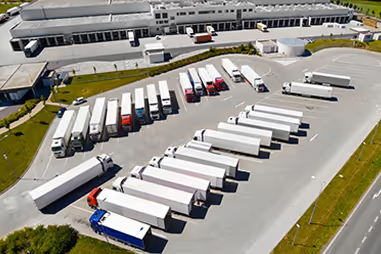MCSL works with nearly all major global ocean liners servicing the Port of Chattogram, including Maersk Line, MSC, CMA CGM, Hapag-Lloyd, ONE Line, and YML. These partnerships allow us to secure space, competitive rates, and reliable schedules for our customers.
News & Events
Latest in Global Logistics
Discover the latest updates and insights from Mariners Cargo Services. Our News & Events section keeps you connected with industry trends and our community initiatives.




